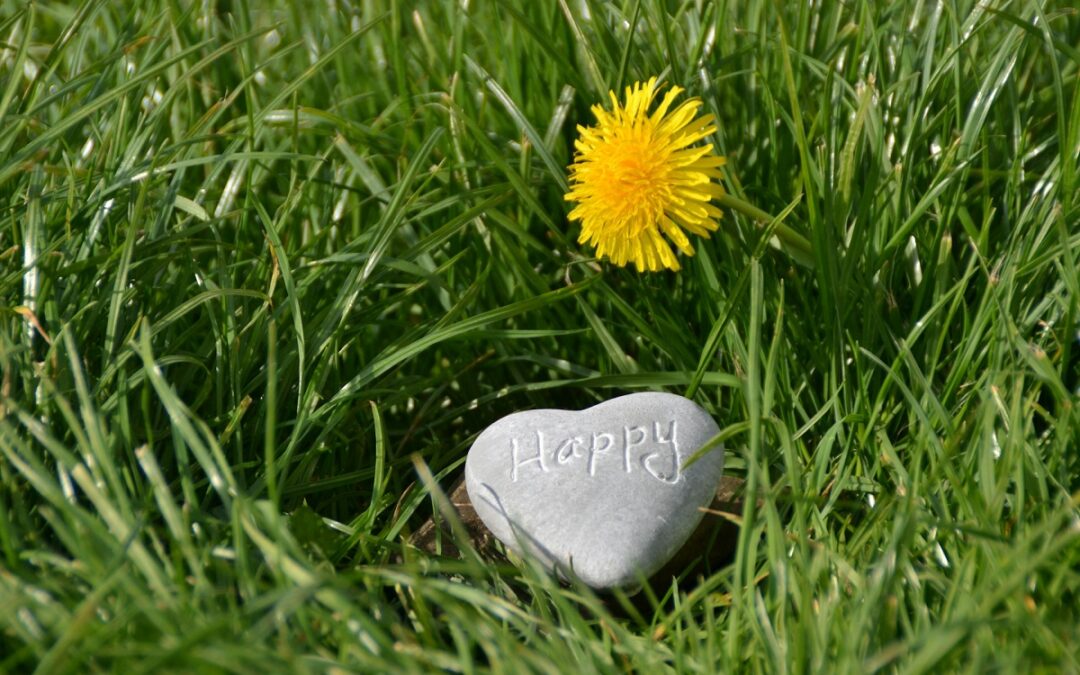But I’m Just Too Busy
Life is Busy. I get it! You’re running around trying to manage life or the lives of your kids, parents, or others and sometimes it’s just all overwhelming. Yet when clients come to me with this question and want the miracle answer or nugget of knowledge that is going to make it all manageable and blissful, I just find myself smiling.
I smile because I understand all too well what it means to feel overwhelmed, resentful, and frustrated that you are trapped in a “Groundhog Day” loop of exhaustion that has no end in sight. I lived that life! I used to work out at 4:30 in the morning in order to get that in before the family woke up. I used to manage all schedules inside my head, and didn’t delegate or depend on others to make things happen. Yes, that had a lot to do with my perfectionism, and need for control. Yet it also had a lot to do with the fact that if I didn’t do it, nothing got done! Things would be missed. Homework wouldn’t be completed, tests wouldn’t have been studied for, Birthday gifts and parties would be missed, etc.
My Moment of Clarity
I look back on the day that everything changed for me and it was such an epiphany! All of a sudden I was introduced to Brené Brown’s book Daring Greatly and for the first time I understood I wasn’t alone! Brené got me. She understood exactly how I was feeling and I was like “Oh yea…someone who can validate my misery!” Then she talked about shame, vulnerability, and how resentment was connected to Envy and I was frustrated and deflated, thinking “Great, so I’m the problem? I’m in my own way? I’m the one preventing myself from happiness and the joy I want?” Ugh!
Shame Resilience
I feel like Brené’s work opened my mind up to possibilities, and the freedom to recognize that shame was driving my perfectionism, and my need to try to control. I was also hiding my spouse’s alcohol addiction at that time from the world, and I felt so alone and filled with shame for what my life looked like behind closed doors. To the outside world I looked like I had it all together. Yet I was a mess in my own home. I couldn’t control what other people did, and despite all my efforts to manage everything, I was seen as the “Bad Cop” the “heavy”, the one who enforced all the rules. Meanwhile, my then drinking hubby got to be irresponsible, and the “playful fun dad” who let rules slide, and who the kids thought was amazing.
After reading Daring Greatly and getting trained in Brené’s curriculum, I started to let go of the things I was trying to control. I let the kids start to fail, if I wasn’t managing everything. I let my oldest son’s room become the messy place he seemed to love to live in, despite every part of me that wanted to rescue him and clean it. I started focusing more on my needs, more self-care, and the things that I could control. Joy started to appear. My circumstances hadn’t changed, but my perspective and the way I handled it had completely shifted. As I pulled away from trying to manage everyone in the house, including my spouse’s drinking, things started to change there too. In May of 2015 he made his own choice to quit drinking and it had a profound impact on our marriage and our family.
EMDR and Perfectionism
The funny thing about EMDR is that it looks at negative core beliefs and the developmental times in our life where these beliefs began. For me that came from my role as the middle child, who was the good student, the mediator, and the fixer of problems. I also learned at a young age that my parents didn’t handle sexual abuse from my grandfather appropriately, and it left me thinking “I was bad” and led to the development of the over-responsible one who tried to manage my own feelings and later manage my mother’s drinking patterns. Shame was a part of my story from a young age, with a perfectionistic mother who had amazing qualities and most people adored, but who also could be scary and cut you down emotionally if the image she wanted to portray didn’t line up with my behavior or choices.
So EMDR can be a powerful tool for healing the relational childhood type traumas and Big T traumas. All those emotions, feelings and beliefs usually start at a very young age. It’s important to understand where they came from, and why you behave the way you do. It’s also important to learn more adaptive behaviors that can help you move closer to Joy and Happiness. It can also lead to forgiveness once you understand that people are usually just doing the best they can with the limited resources and developmental deficits they have been given.
Today I’m putting together a gift basket filled with wellness items and several of Brené’s books for a raffle gift for the Eagle Chamber of Commerce. My hope is that these books and teachings will find their way to some individual who needs this information as much as I did back in 2013. We don’t have to be a victim of our past, but we need to be willing to look at it head-on, and learn how to grow into our full potential.

